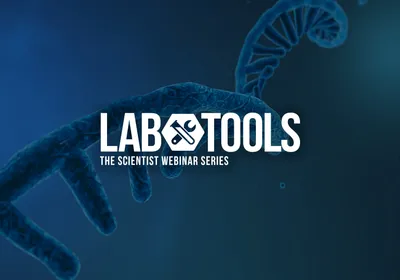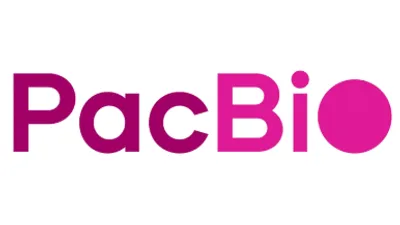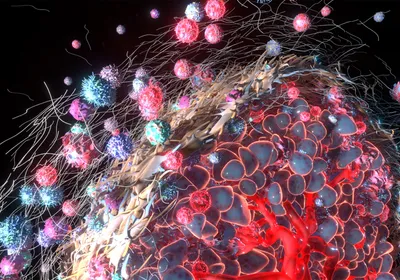 FLICKR, RICH MOORE
FLICKR, RICH MOORE
Combining a specific sugar molecule with two drugs can causes cancer cells of various types to kill themselves, according to a study published online in Cancer Research.
"Cancer researchers are always looking for new therapies to target a variety of cancers and kill tumor cells in various stages of development," Guy Perkins, associate project scientist at the Center for Research in Biological Systems at the University of California, San Diego, said in a press release. "The goal of targeted therapy is to stop the growth of cancerous cells while doing little or no harm to healthy tissue.”
The sugar—a modified glucose molecule called 2-deoxyglucose (2-DG)—is readily taken up by cancer cells, which need sugar for growth and replication. But it cannot be broken down like ...






















